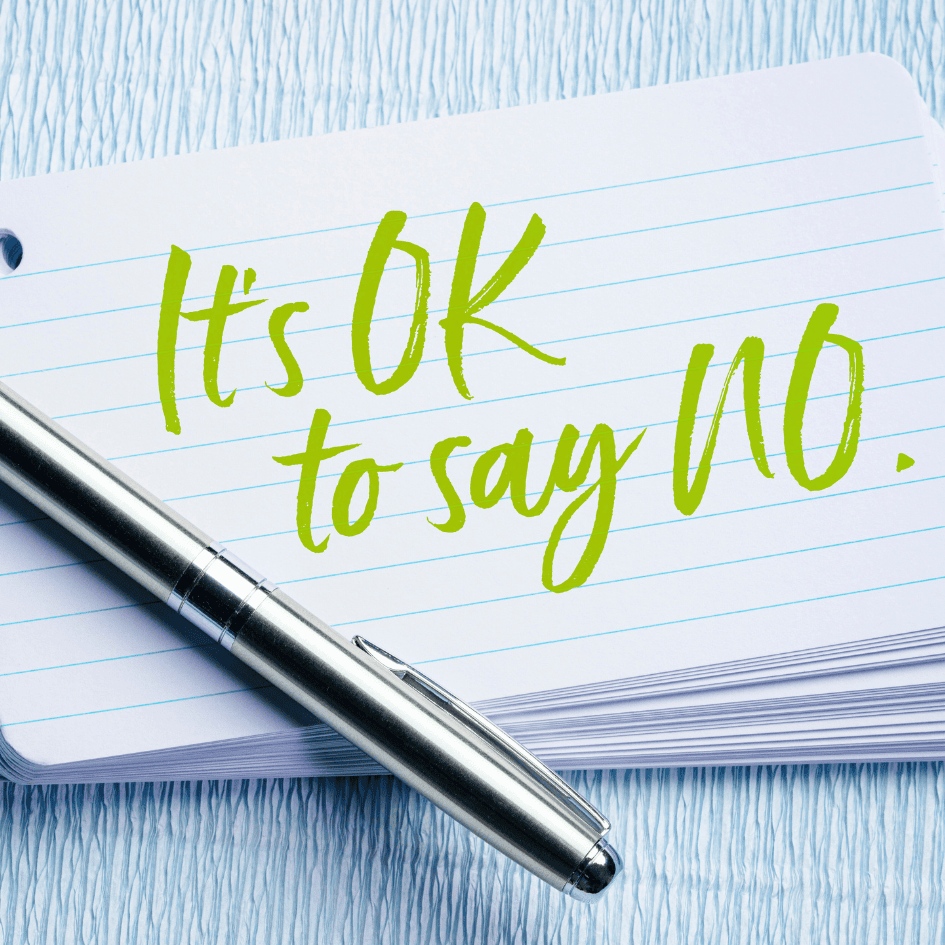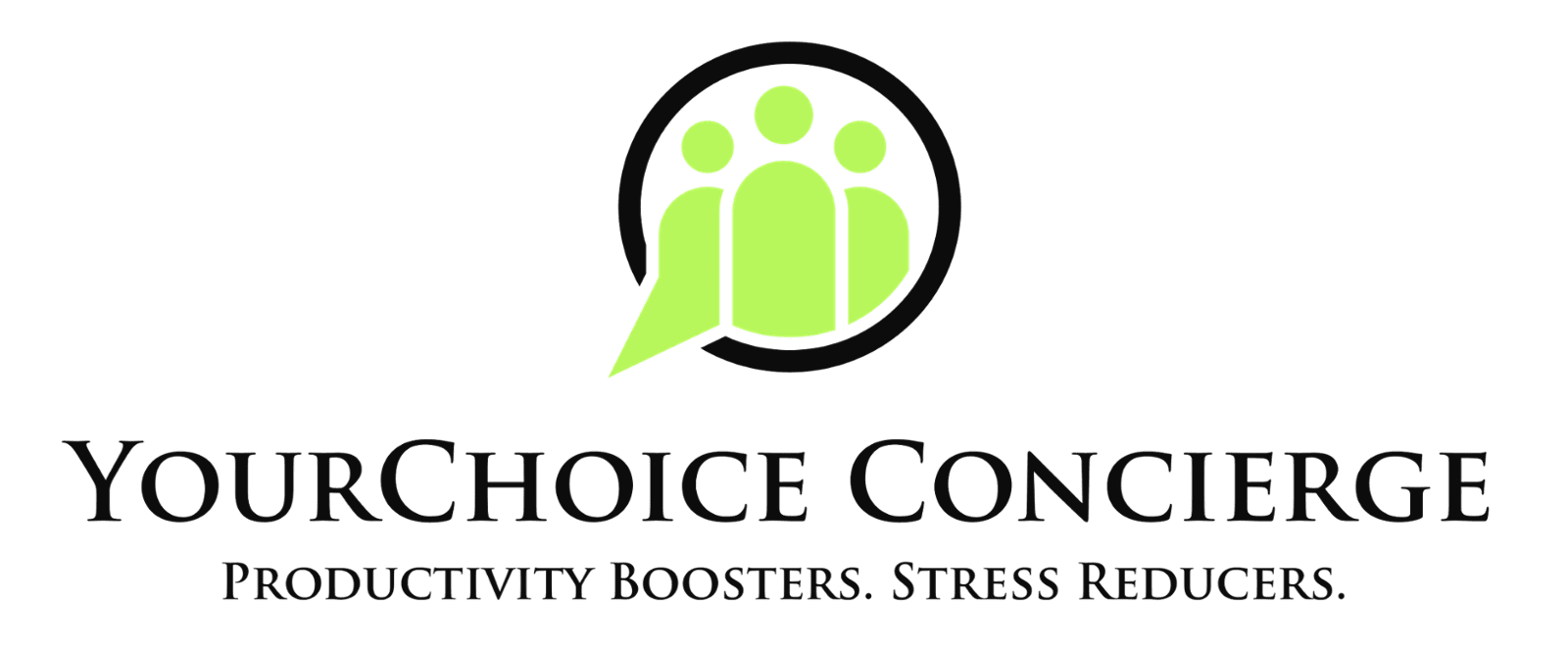The-Art-of-Saying-No—Without-Guilt
In today’s world, “yes” often feels like the default response. Whether it’s at work, with family, or among friends, we’re conditioned to believe that agreeing makes us helpful, generous, or team-oriented. But here’s the truth: every time you say yes to something that doesn’t align with your goals or energy, you’re unconsciously saying no to something else—often something far more important. Learning the art of saying no without guilt isn’t just a productivity tip. It’s a life-changing skill that protects your time, energy, and peace of mind.

Why Saying No Is So Hard
Saying no often triggers guilt. Why?
- Cultural conditioning: Many of us—especially women—have been raised to be accommodating and agreeable.
- Fear of judgment: We don’t want to be seen as selfish, rude, or unhelpful.
- People-pleasing habits: Saying yes feels like the safer route to avoid conflict or disappointing others.
But guilt doesn’t mean you’re wrong. It usually means you’re stretching beyond old habits and setting new boundaries. Think of guilt as a sign of growth, not failure.
The Cost of Saying Yes Too Often
If you struggle with overcommitting, you already know the toll it can take. Constant yes-ing can lead to:
- Burnout: Physical, emotional, and mental exhaustion.
- Resentment: Agreeing out of guilt or obligation breeds bitterness.
- Stalled progress: When your calendar is full of others’ priorities, your own goals get sidelined.
- Poor decision-making: Being stretched too thin forces reactive thinking instead of intentional action.
The Benefits of Saying No
When you start saying no—with clarity and kindness—you’ll experience powerful shifts:
- Greater focus: Protect your time for what matters most.
- Less stress: No more scrambling to keep up.
- Stronger confidence: Trusting your own boundaries builds self-respect.
- Healthier relationships: Surprisingly, people respect you more when you’re honest about your limits.
Saying no isn’t shutting doors—it’s creating space for the right opportunities.

Practical Strategies for Saying No Without Guilt
Here are some simple, actionable ways to say no while preserving relationships and self-respect:
1. Start with gratitude
- “Thank you so much for thinking of me, but I’m not available right now.”
2. Be clear and direct
- “I’d be happy to take that on at an additional rate.”
- “I’m not able to commit to that right now.”
3. Offer alternatives (when appropriate)
- “I can’t help, but I know someone who may be a better fit.”
4. Delay your response
- If pressured in person, buy time: “Let me check my calendar and get back to you.”
5. Use “I don’t” instead of “I can’t”
- “I don’t take meetings before 10 a.m.” (a firm, clear boundary).
For more examples, check out this guide on polite ways to say no.
Building Your “No” Muscle
Like any skill, saying no gets easier with practice. Think of it as training a muscle: start small and build strength over time.
- Begin with low-stakes no’s
Decline a store loyalty program, skip a social event when you need rest, or pause before adding more to your calendar.
- Ask yourself reflective questions before responding:
- What am I afraid will happen if I say no? (separates fear from reality).
- What do I need to protect right now? (grounds you in priorities).
- Where have I said yes when I really meant no? (identifies patterns).
Each mindful “no” re-trains your brain to pause and choose intentionally rather than reacting automatically.
Reframing What “No” Really Means
At its core, saying no isn’t about rejection. It’s about designing your life with intention.
- No to distractions means yes to focus.
- No to overcommitment means yes to balance.
- No to draining obligations means yes to showing up as your best self.
If you’re feeling burnt out, overwhelmed, or constantly behind, chances are you’re not saying “no” enough. Remember: No is not selfish—it’s strategic.

Final Thoughts
Mastering the art of saying no without guilt allows you to reclaim your time, energy, and peace. Start small, practice often, and remind yourself that every no creates space for a bigger yes: to your health, your priorities, and your most important relationships.
You don’t owe anyone an explanation beyond a kind, clear boundary. The next time guilt creeps in, remind yourself: saying no is an act of self-respect—and people respect you more when you respect yourself.
✅ Want more strategies on boundaries and productivity? Subscribe to the Productivity Boosters and Stress Reducers Podcast here.
